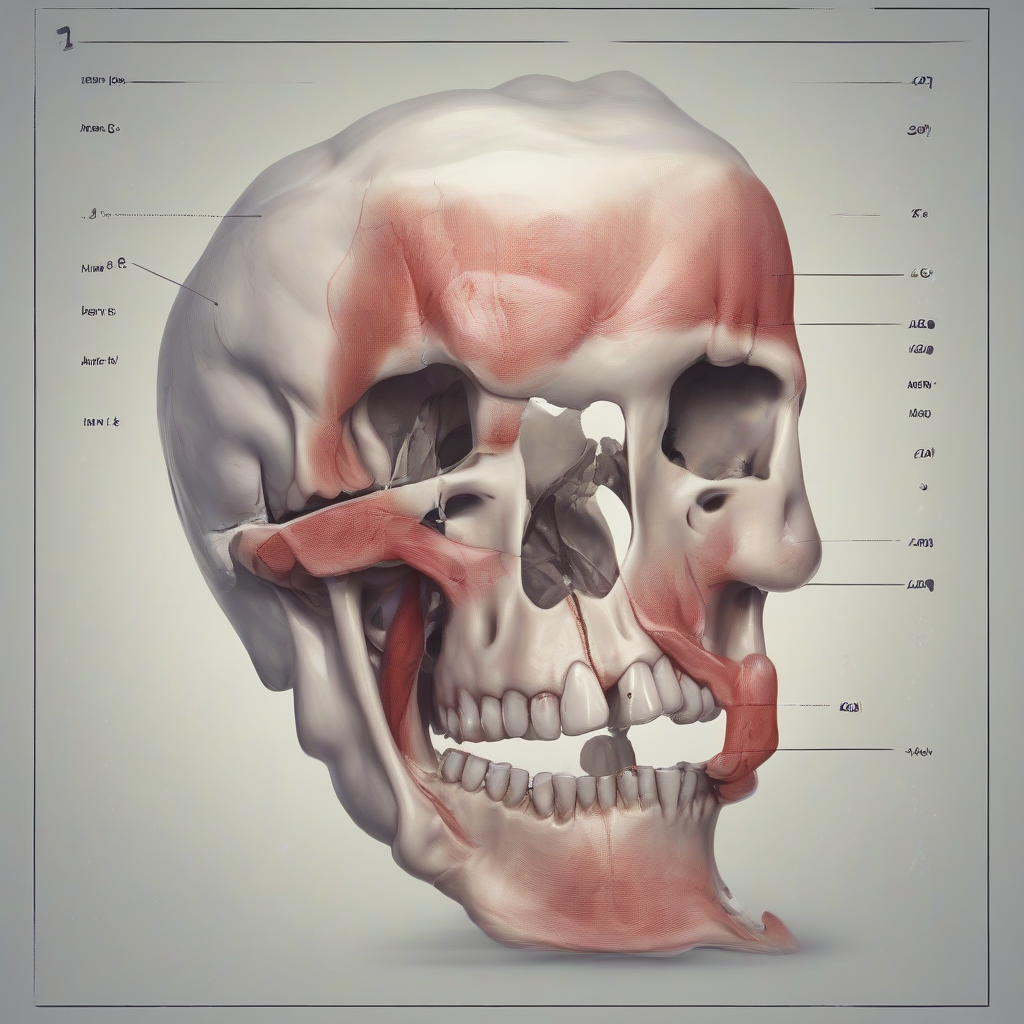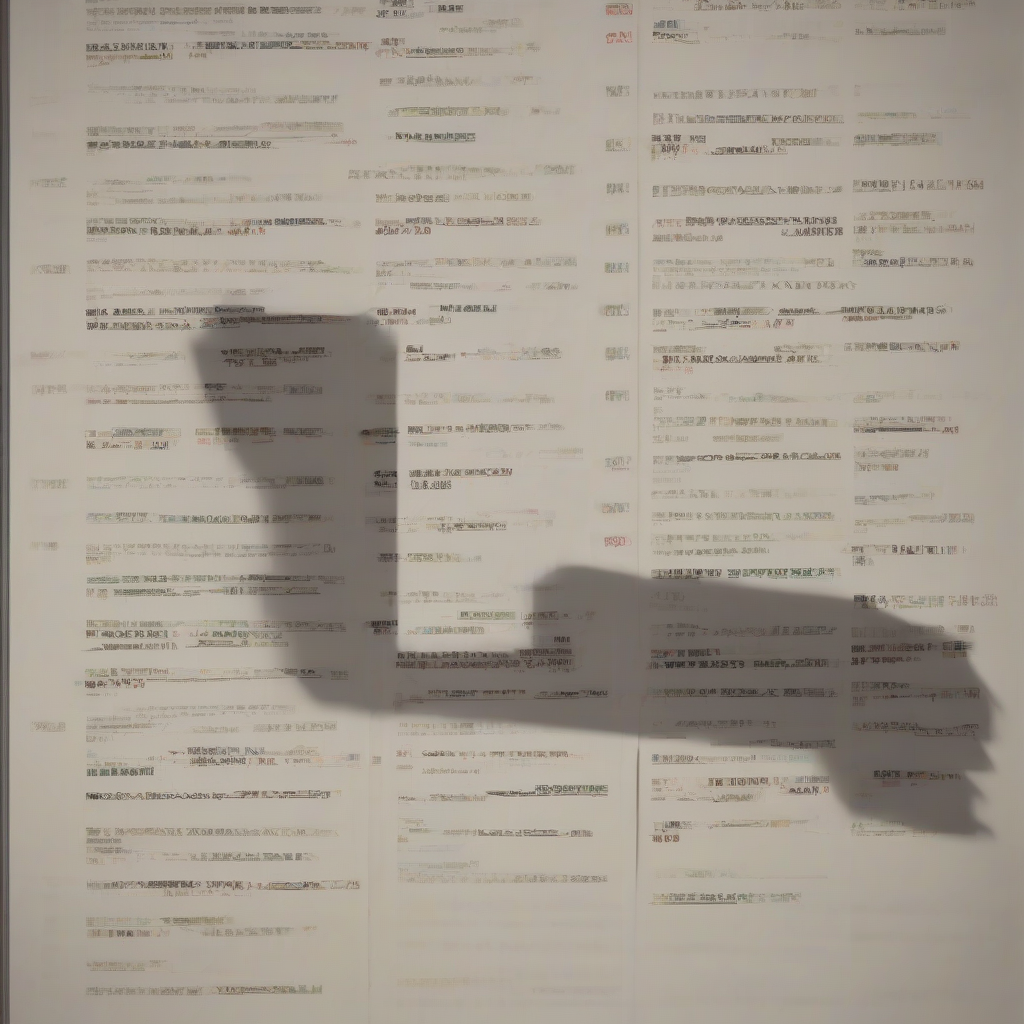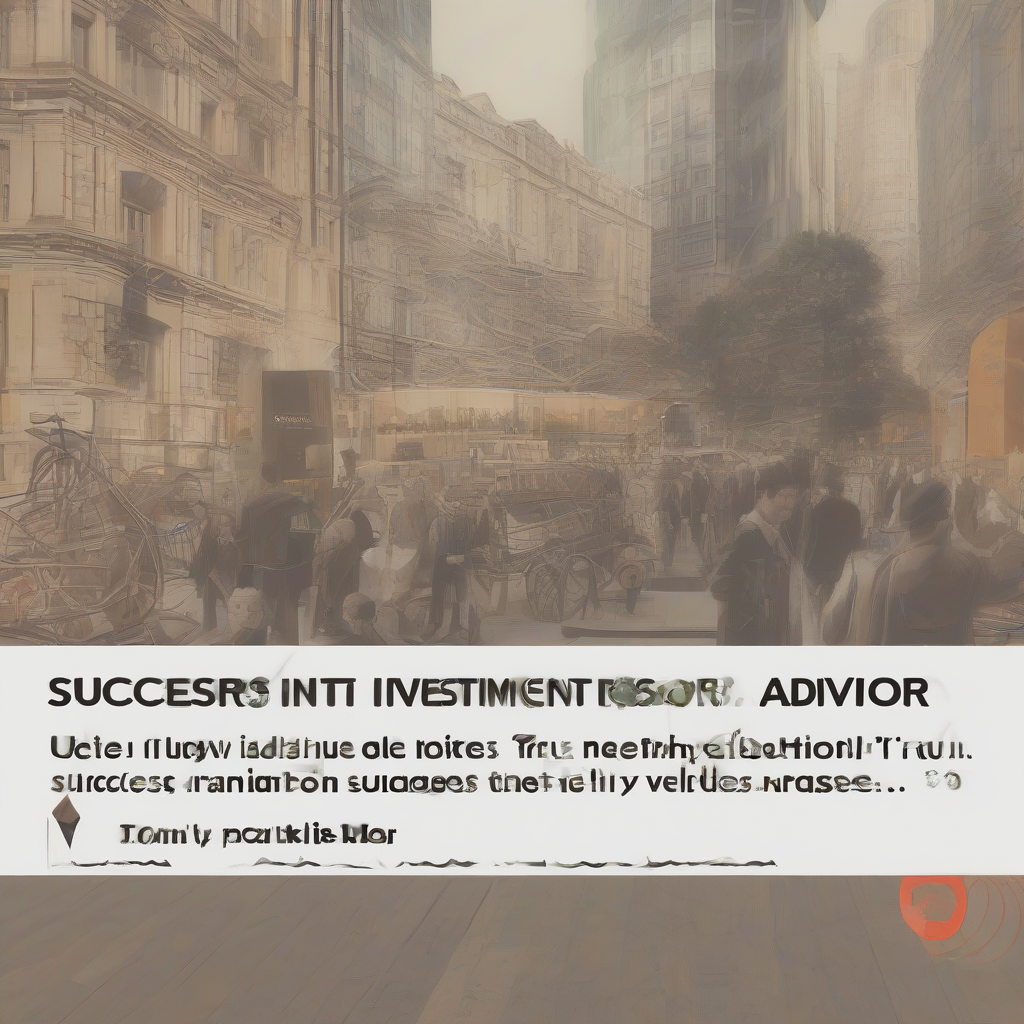Is a Broken Wisdom Tooth a Dental Emergency? Everything You Need to Know

Is a Broken Wisdom Tooth a Dental Emergency?
A broken wisdom tooth can be a painful and disruptive experience. It can make it difficult to eat, talk, and even sleep. While not every broken wisdom tooth requires immediate emergency care, there are certain signs that indicate you need to see a dentist right away. This article will guide you through the complexities of a broken wisdom tooth, explaining when it constitutes an emergency and what steps you should take.
What is a Broken Wisdom Tooth?
Wisdom teeth, also known as third molars, are the last teeth to erupt in the mouth, typically between the ages of 17 and 25. Sometimes, these teeth erupt at an angle or are impacted, meaning they don't have enough space to fully emerge. This can lead to various complications, including breakage.
Signs a Broken Wisdom Tooth Might Be an Emergency
- Severe Pain: If you experience intense, throbbing pain that doesn't subside with over-the-counter pain relievers, it could be a sign of a broken wisdom tooth.
- Bleeding: Continuous bleeding from the broken tooth, especially if it's accompanied by swelling, is a clear indication of an emergency.
- Swelling: Noticeable swelling around the broken tooth or in the jaw area can signify infection and should be addressed promptly.
- Difficulty Opening Your Mouth: If you struggle to open your mouth due to pain or swelling, it's crucial to seek immediate dental attention.
- Fever: A high fever often points to an infection, which can arise from a broken wisdom tooth and requires immediate treatment.
- Pus: If you notice pus coming from the area of the broken tooth, it's a sign of infection and necessitates a dental visit.
When a Broken Wisdom Tooth Might Not Be an Emergency
- Mild Discomfort: A broken wisdom tooth may cause minor discomfort, especially if it's not causing significant pain or inflammation.
- Tooth Has Broken Off Above the Gum Line: If the broken tooth is above the gum line and not causing any pain or complications, you may be able to wait for a non-emergency appointment.
- No Signs of Infection: If there's no swelling, fever, or pus formation, the broken tooth may not require urgent attention.
How to Manage a Broken Wisdom Tooth at Home
If you suspect a broken wisdom tooth, there are some temporary measures you can take at home before seeing a dentist. These include:
- Rinse Your Mouth with Saltwater: This solution can help reduce pain and inflammation.
- Apply a Cold Compress: Applying a cold compress to the outside of your cheek can help reduce swelling.
- Over-the-Counter Pain Relievers: Use ibuprofen or acetaminophen to manage pain.
- Avoid Eating Hard or Chewy Foods: This will prevent further damage to the broken tooth.
Why a Broken Wisdom Tooth is a Potential Problem
Broken wisdom teeth can pose various risks, including:
- Infection: The broken tooth can create a breeding ground for bacteria, leading to an infection that can spread to surrounding tissues.
- Gum Disease: A broken tooth can irritate the gums, potentially leading to gingivitis or periodontitis.
- Pain and Discomfort: A broken tooth can cause ongoing pain and discomfort, making it difficult to eat, talk, and sleep.
- Damage to Other Teeth: A broken wisdom tooth can put pressure on nearby teeth, potentially causing them to shift or become damaged.
- Cyst Formation: A broken wisdom tooth can sometimes lead to the formation of a cyst around the tooth, which can grow and cause bone loss.
What to Expect at the Dentist
When you see a dentist for a broken wisdom tooth, they will perform a thorough examination to assess the situation. Based on the severity of the break and any accompanying complications, they may recommend one of the following treatments:
Treatment Options:
- Cleaning and Filling: If the break is minor and the tooth is not severely damaged, the dentist may clean the area, remove any sharp edges, and place a filling to protect the tooth.
- Crown: If the tooth is significantly damaged, a crown may be placed to restore its shape and function.
- Extraction: In some cases, especially if the tooth is severely broken or infected, extraction may be the best option.
- Antibiotics: If there is an infection, antibiotics may be prescribed to fight the bacteria.
Prevention
While it's impossible to prevent every broken wisdom tooth, there are steps you can take to reduce your risk, such as:
- Regular Dental Checkups: Schedule regular dental checkups to monitor the eruption of your wisdom teeth and address any potential problems early on.
- Proper Oral Hygiene: Practice good oral hygiene, including brushing twice daily, flossing regularly, and using mouthwash, to keep your teeth and gums healthy.
- Avoid Chewing Hard Foods: Minimize chewing on hard or sticky foods that can put stress on your teeth.
Conclusion
A broken wisdom tooth can be a significant inconvenience and potentially lead to further complications. While not every broken wisdom tooth requires immediate emergency care, it's essential to be aware of the warning signs. If you experience severe pain, swelling, bleeding, or other concerning symptoms, it's crucial to see a dentist right away. Early intervention can often prevent more serious issues and ensure your oral health is protected.
What's Your Reaction?

















